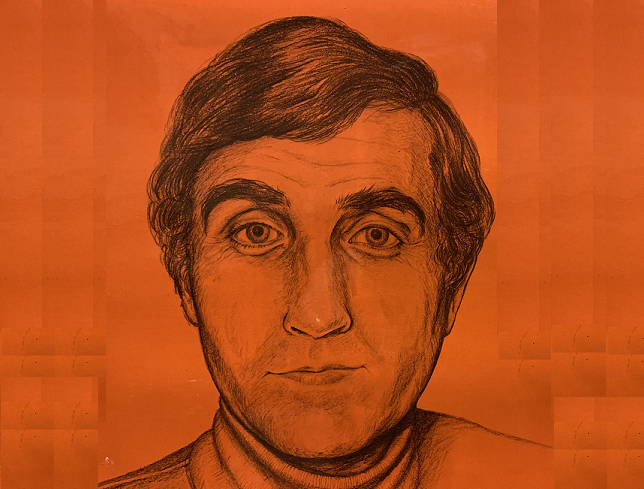
16: James Scott (1925 - 2021)
The death of James Scott in January 2021 saw the passing of one of the brass band movement's most respected figures.
He was shaped by first hand experience of its last ‘Golden Age’ – the pre-Second World War decade of the music of Elgar, Holst, Howells and Ireland, of performances at the Crystal Palace, and of bands that were the symbols of industrial pride and community cohesion.
His lifelong passion came from his father, a miner, at their home in Farnworth near Bolton.
Aged 7, he was taken to hear Besses o 'th' Barn (his father was a former bass player) playing in a local department store, where he was mesmerised by Bert Sullivan on euphonium and Enoch Jackson on cornet. He later recalled that Jackson’s solo performance, commanding the stage and with the audience in the palm of his hand remained with him for the rest of his life.
Musical confidence
Hooked by the sound, as well as by Jackson’s innate musical confidence in performing without music (something he himself copied during his solo playing career) he soon joined Eccles Borough Band and performed with them at Crystal Palace aged 10 in 1935.
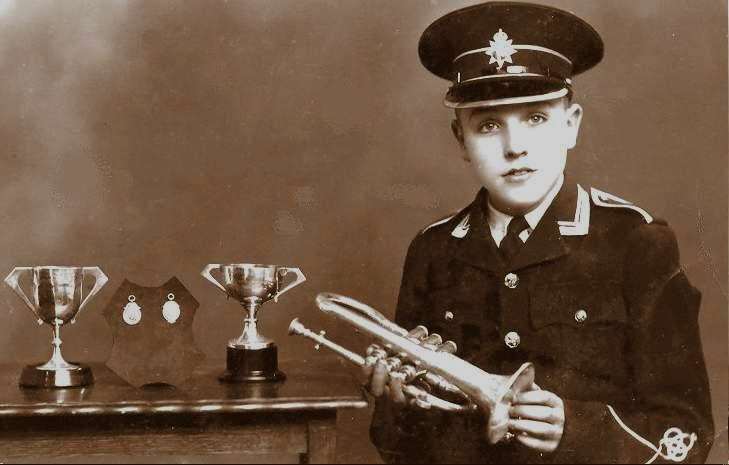
The fledgling star...
He later recalled the experience of playing in the great Concert Hall.
“I can’t remember much about the performance, but I remember the crowds. The whole place was packed inside and out – it was a bit overwhelming, but also thrilling. The Crystal Palace sparkled in sunshine. I didn’t realise it at the time, but I count myself so lucky to have performed there.”
“My eyes were popping out of my head when they played” he said, before turning to turning to his father and telling him; “I’d love to play with that band”.
Just over a year later the huge glass and cast-iron structure burnt to the ground.
However, he was also lucky to hear the ‘Lap of Honour’ performance of the winners - the newly formed Munn & Felton’s under William Halliwell.
“My eyes were popping out of my head when they played” he said, before turning to turning to his father and telling him; “I’d love to play with that band”.
Just over a decade later he was.
Formative years
Before then the family had moved to Nuneaton and the fledgling cornet star found himself playing for Ibstock United and then the newly formed City of Coventry Band.
These were to become the formative years of his musical development - emerging as a performer blessed with temperament, intelligence, drive and intuitive musicality. Hungry to learn and improve, his subsequent steps in the banding world were always to have purpose as well as ambition.
Following a spell at Ransome & Marles in 1947, Stanley Boddington persuaded him (initially by telegram) to join Munn & Felton’s Band – paid £6.10 shillings a week.
With conductor George Thompson leaving for Grimethorpe Colliery he became bumper-up aged just 16 and principal by 18.
Following a spell at Ransome & Marles in 1947, Stanley Boddington persuaded him (initially by telegram) to join Munn & Felton’s Band – paid £6.10 shillings a week.
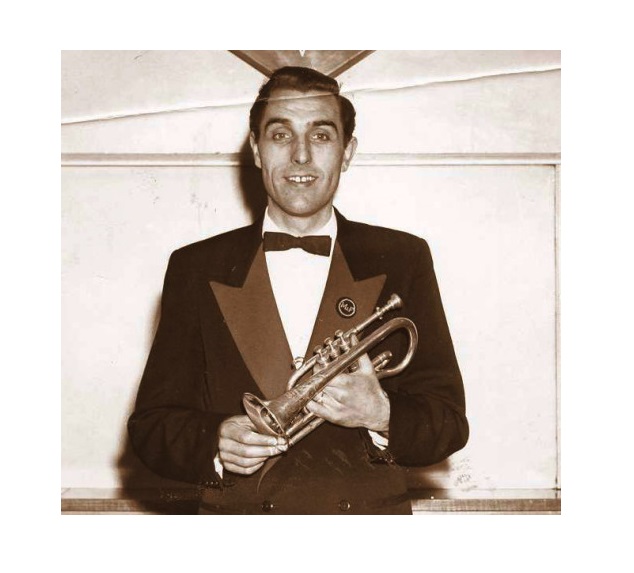
Apart from a couple of years playing for one of their competitors and missing two National titles along the way – “not a good move, despite some attractive offers and one I soon regretted taking,” he later said, he remained until 1960.
He admired Boddington greatly; his firm but kindly hand shaping him both as a man and musician. “I thought I was quite a player - but I realised that until then I’d only been sloping around.”
Future security
At the peak of his playing prowess, he became ‘Cornet Champion of Great Britain’ in 1959 and 1960, but also saw the need to secure his professional future.
“I had spent the whole of my life up to that point in company bands and I could see no future in it. I had seen it before, great old players who had gradually moved down the ranks and ended up on third cornet.
They still had a job in the factory but had faded as musicians. This had been on my mind for some years. I had greater ambitions I wanted to fill.”
“I had spent the whole of my life up to that point in company bands and I could see no future in it. I had seen it before, great old players who had gradually moved down the ranks and ended up on third cornet.
That said, anyone today who hears his playing on solos such as ‘Silver Threads Amongst the Gold’ or ‘Shylock’ can attest to the fact that he took the decision at his playing peak - a performer of graceful artistry and technical security.
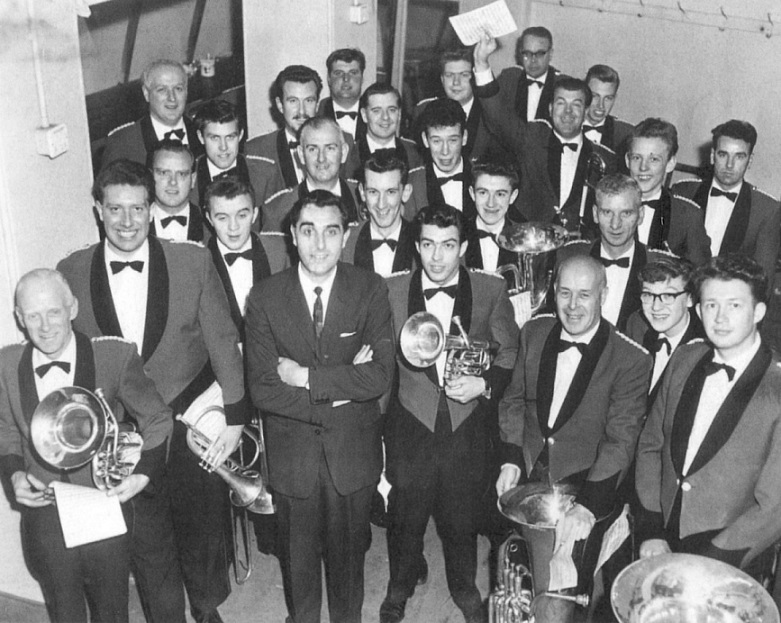
The Shipbuilder...
The opportunity came in 1960, when he received a letter from Norman Cave, the Managing Director of Cammell Laird Shipbuilders, enquiring if he would be interested in talking to him about their band based in Birkenhead.
Within a few months he had moved to the Wirral and grew into the role of conductor, teacher and adjudicator.
Harmony sublime
Although James Scott later recalled that he thought that during the early months he thought he made a “disastrous mistake” his work ethic coupled with his man-management skills and ability to instil a musical discipline learnt in a small but significant part from an inscription on the bandroom clock at Munn & Felton – ‘Harmony sublime – always on time’, soon brought success.
And whilst he later called the firm ‘Philistines’ in not realising what they had helped create, he was also realistic enough to know that the economic writing was on the wall for ‘works bands’.
The band went on to become North West Area Championship Section title winners in 1964, 1965 and 1970, as well as coming runner-up at the National Finals in 1965.
And whilst he later called the firm ‘Philistines’ in not realising what they had helped create, he was also realistic enough to know that the economic writing was on the wall for ‘works bands’.
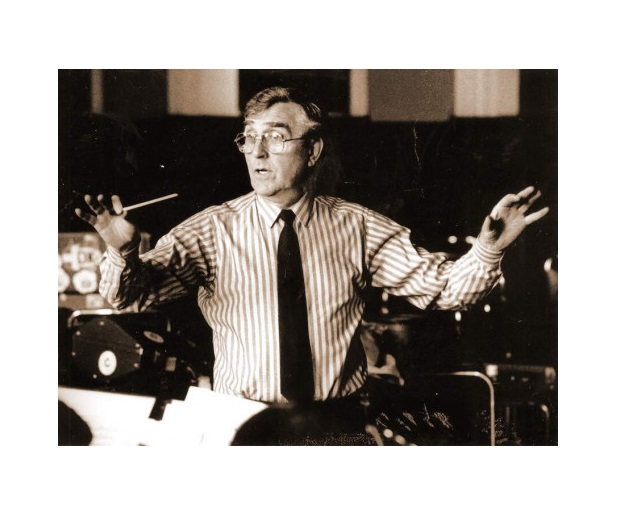
A mastercraftsman in action...
During his time at Cammell Laird he taught for the Wirral Education Authority (retiring in 1990 as Head of Brass & Senior Instrumental Teacher) and his love of education never lost him (in later life he also gained a degree from the Open University): His legacy was to be generations of players who benefited from his teaching and inspiration.
He also built up his freelance trumpet playing, often joining his friends Alan Stringer and Maurice Murphy in the trumpet section of the Royal Liverpool Philharmonic and BBC Northern orchestras.
Sought after
With his musical reputation secure, he soon became one of the most sought-after freelance conductors in the banding movement - marked in 1977 with him becoming the recipient of the Iles Medal in recognition of his contributions to the brass band movement.
His link with Brighouse & Rastrick saw him lead them to victory at the 1973 National Championship of Great Britain, secure the 1975 Granada Band of the Year title and win the 1980 European Championship.
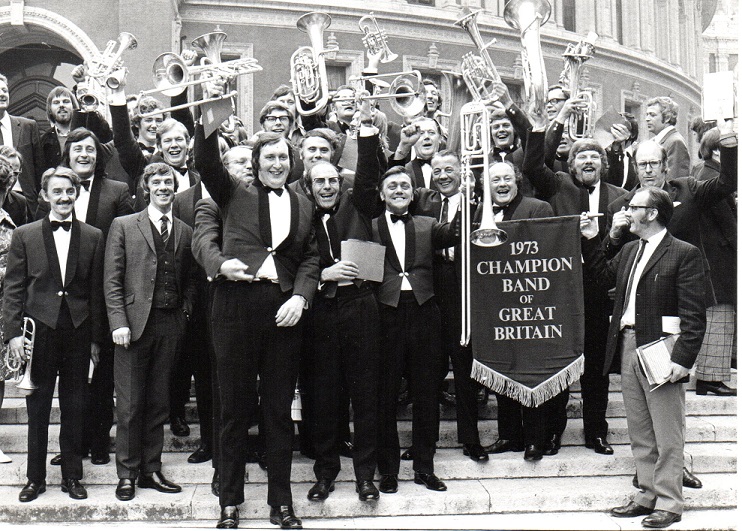
National Champions
He also conducted Grimethorpe Colliery in winning the 1974 and 1978 Yorkshire Area and CISWO titles, the 1979 and 1980 Mineworkers National and CISWO title again, and was instrumental in stabilising Foden's Band during one of the most difficult times in its history - including a fifth place finish at the 1978 National.
His connection with Yorkshire Imperial saw them gain podium finishes at the National Finals in 1983 and 1987 (as well as winning the Yorkshire Area in 1988), British Aerospace Wingates (second at the British Open in 1985), Murray International Whitburn (third at the National Finals in 1989), Tredegar (Champion Band of Wales in 1992) amongst others.
Bands held his findings in high regard - knowing that they had come from a musician of the highest rank - and one greatly informed by the wider musical world.
All benefited from his insight, musicianship and insistence on elegant musicality of shape and texture — a trait that imbued his conducting style all the way to leading Northop Band to the First Section National title in 1994 and his last contest bow taken with Clackmannan District Brass in 2006.
Adjudicator
As an adjudicator James Scott became an authoritative presence at events in the UK and abroad.
Bands held his findings in high regard - knowing that they had come from a musician of the highest rank - and one greatly informed by the wider musical world.
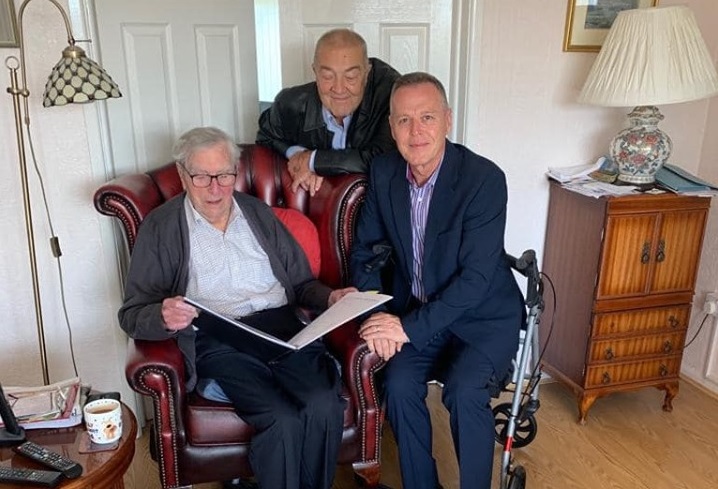
The most respected of opinions...
He particularly enjoyed adjudicating youth and lower section events where he was able to pass on his experience as well as his constructive observations in his remarks, whilst his decisions rarely brokered argument at elite level - from the regional championships and Spring Festival to the British Open, Brass in Concert, Granada Band of the Year, Masters, National Finals and European Championships.
He was also invited to adjudicate abroad - travelling to Australia in 2000 as well as the major European banding events.
Valued
Away from the rostrum his opinion and professionalism was always in demand — and he became a hugely valued figure in the development of the success of the Pontins Championships and British Open.
Until his final years he was always to be seen listening to every performance at Symphony Hall -and always on hand to offer his congratulations to the winning conductor and band.
For the conductors it was viewed as the official 'seal of approval' of their success.
Until his final years he was always to be seen listening to every performance at Symphony Hall -and always on hand to offer his congratulations to the winning conductor and band. For the conductors it was viewed as the official 'seal of approval' of their success.
Regarded as one of the 'gentlemen' of the brass band world, his talent, courtesy, professionalism, insight and experience as a teacher, adjudicator and advisor came from a lifetime love of music and the importance that it should play in people’s lives.
James Scott died, aged 95, on Sunday 24th January 2021.
Tim Mutum
4BR Hall of Fame: No.1: Jack Atherton
http://https://www.4barsrest.com/articles/2019/1832.asp
4BR Hall of Fame: No.2: Albert Baile
https://www.4barsrest.com/articles/2019/1836.asp
4BR Hall of Fame: No.3: Stanley Boddington
https://www.4barsrest.com/articles/2019/1842.asp
4BR Hall of Fame: No.4: Bram Gay
https://www.4barsrest.com/articles/2020/1848.asp
4BR Hall of Fame: No.5: Leonard Lamb
https://www.4barsrest.com/articles/2020/1855.asp
4BR Hall of Fame: No.6: Arthur Stender
https://www.4barsrest.com/articles/2020/1866.asp
4BR Hall of Fame: No.7: Violet Brand
https://www.4barsrest.com/articles/2020/1871.asp
4BR Hall of Fame: No.8: Eric Bravington
https://www.4barsrest.com/articles/2020/1875.asp
4BR Hall of Fame: No.9: Norman Ashcroft
https://www.4barsrest.com/articles/2020/1879.asp
4BR Hall of Fame: No.10: Albert Chappell
https://www.4barsrest.com/articles/2020/1884.asp
4BR Hall of Fame: No.11: Betty Anderson
https://www.4barsrest.com/articles/2020/1889.asp
4BR Hall of Fame: No.12: Trevor Walmsley DFC
https://www.4barsrest.com/articles/2020/1897.asp
4BR Hall of Fame: No.13: Percy Code
https://www.4barsrest.com/articles/2020/1903.asp
4BR Hall of Fame: No.14: George Thompson MBE
https://www.4barsrest.com/articles/2020/1909.asp
4BR Hall of Fame: No.15: Willie Lang
https://www.4barsrest.com/articles/2020/1914.asp













